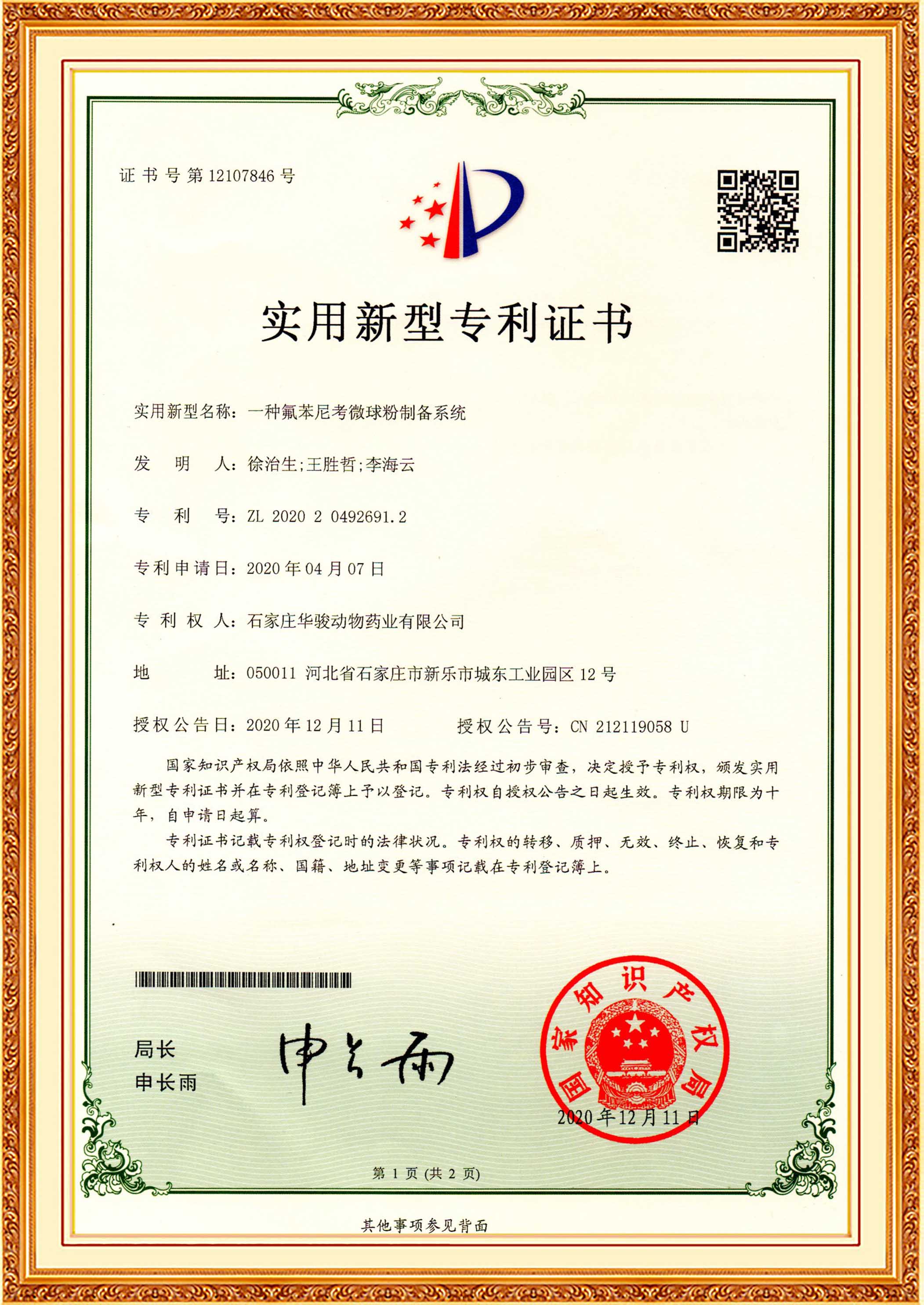
Ago . 05, 2024 21:28 Back to list
Exploring the Effects of Custom Neomycin G418 on Cell Survival and Gene Expression
Custom Neomycin G418 Revolutionizing Antibiotic Resistance Studies
The study of antibiotic resistance has become increasingly important in modern medicine, as bacteria evolve and adapt, often rendering common antibiotics ineffective. Among the various agents employed in laboratory settings to select for genetically modified organisms, neomycin and its derivative G418 play a crucial role. Investigating the custom applications of custom neomycin G418 presents an opportunity for deeper insights into bacterial resistance, genetic engineering, and therapeutic development.
Understanding Neomycin and G418
Neomycin, an aminoglycoside antibiotic derived from the bacterium *Streptomyces fradiae*, is primarily used to treat infections caused by Gram-negative bacteria. However, neomycin’s clinical utility is limited due to its toxicity and potential side effects, especially nephrotoxicity. This disadvantage has led to the development of its derivative, G418 (Geneticin), which, although structurally related, is primarily used in laboratory settings as a genetic selection marker.
G418 is commonly utilized in the selection of eukaryotic cells that have been genetically modified to incorporate neomycin resistance genes, typically through the introduction of plasmids or transposons. Cells that successfully integrate this resistance gene can survive in the presence of G418, while non-modified cells are eliminated. This selective pressure allows researchers to isolate and propagate genetically modified cells, making G418 a critical tool in molecular and cellular biology.
Applications of Custom G418
One of the major advantages of G418 is its versatility in various research contexts. Researchers can customize concentrations and combinations of G418 with other selective agents to optimize selection processes for different cell types or experimental conditions. For instance, this customization facilitates the selection of stably transformed cell lines, essential for producing recombinant proteins and conducting functional studies.
Moreover, custom formulations of G418 can also be tailored to improve efficacy and reduce potential cytotoxicity. By adjusting the dosing regimens and application methods, scientists can minimize the adverse effects observed with standard concentrations of G418, making it safer for specific applications, including in vivo studies.
custom neomycin g418

Implications in Antibiotic Resistance Research
Custom neomycin G418 not only aids in laboratory selections but also provides a platform for studying antibiotic resistance mechanisms. By utilizing engineered cells that harbor resistance genes under controlled conditions, researchers can investigate the genetic and biochemical pathways that confer resistance to various antibiotics. This knowledge is critical in tackling the rising threat of antibiotic-resistant pathogens.
Furthermore, through custom approaches, scientists can explore the impact of different environmental factors on resistance development. By exposing genetically modified strains to varying concentrations of G418, researchers can simulate conditions that promote resistance, thereby shedding light on how similar mechanisms might operate in pathogenic bacteria.
Novel Therapeutic Strategies
The insights gained from these studies can pave the way for new therapeutic strategies. Understanding the mechanisms behind antibiotic resistance can guide the design of novel drugs that either evade resistance pathways or synergize with existing antibiotics to restore their efficacy. Additionally, the customization of neomycin G418 can contribute to the development of targeted therapies that specifically disrupt resistance mechanisms in pathogenic bacteria.
Conclusion
Custom neomycin G418 serves as an essential tool in molecular biology, facilitating the selection and study of genetically modified organisms while offering a unique opportunity to explore the complex landscape of antibiotic resistance. As we continue to confront the challenges posed by resistant bacteria, the innovations in using G418 can lead to significant advancements in both research and therapeutic interventions, ultimately contributing to improved public health outcomes.
-
High-Quality Blisters Manufacturer & Supplier Reliable Blisters Factory
NewsJul.07,2025
-
High-Quality Skeleton Development Services Leading Factory, Manufacturer & Supplier
NewsJul.07,2025
-
High-Quality Cockscomb Turns White Reliable Manufacturer & Supplier Factory
NewsJul.07,2025
-
Premium Suckling Piglet for Sale - Trusted Manufacturers & Suppliers Factory Price
NewsJul.06,2025
-
Premium Adolescent Chicken Supplier & Manufacturer Leading Adolescent Chicken Factory
NewsJul.06,2025
-
Premium Liquid-Postbiotic Leading Manufacturer, Supplier, and Factory Solutions
NewsJul.06,2025




